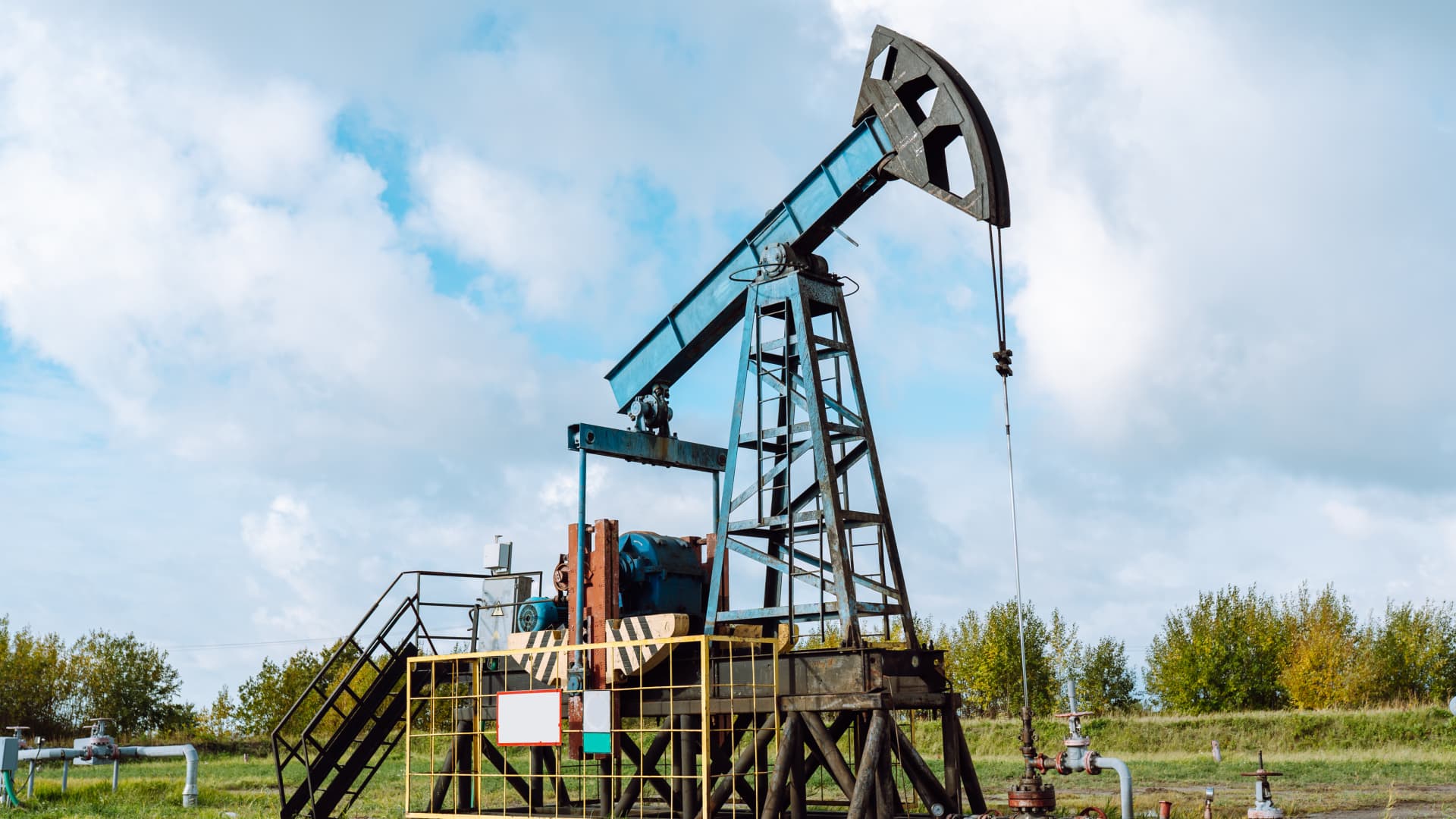Oil prices rose on Tuesday amid heightened tensions in the Middle East after Israel’s military chief said his country would respond to Iran’s weekend missile and drone attack amid calls for restraint by allies.
Brent futures for June delivery rose 46 cents, or 0.5%, to $90.56 a barrel by 0005 GMT. U.S. crude futures for May delivery rose 43 cents, or 0.5%, to $85.84 a barrel.
Oil prices had ended Monday’s session lower after Iran’s weekend attack on Israel proved to be less damaging than anticipated, initially easing concerns of a quickly intensifying conflict that could displace crude barrels.
The attack, which Iran called retaliation for an air strike on its Damascus consulate, caused only modest damage, with missiles shot down by Israel’s Iron Dome defense system.
But Israel’s Prime Minister Benjamin Netanyahu on Monday summoned his war cabinet for the second time in less than 24 hours to weigh how to react to Iran’s first-ever direct attack on Israel, a government source said. That raised market concerns that retaliatory measures could impact oil supply.
Iran produces more than 3 million barrels per day of crude oil as a major producer within the Organization of the Petroleum Exporting Countries, or OPEC.
The benchmarks had risen on Friday in anticipation of Iran’s retaliatory assault, with prices soaring to their highest since October.
In China, the world’s biggest oil importer, official gross domestic product figures due on Tuesday are expected to show growth slowed to 4.6% year-on-year from 5.2% in the previous three months. That would maintain pressure on policymakers to unveil more economic stimulus measures that could boost oil prices.








